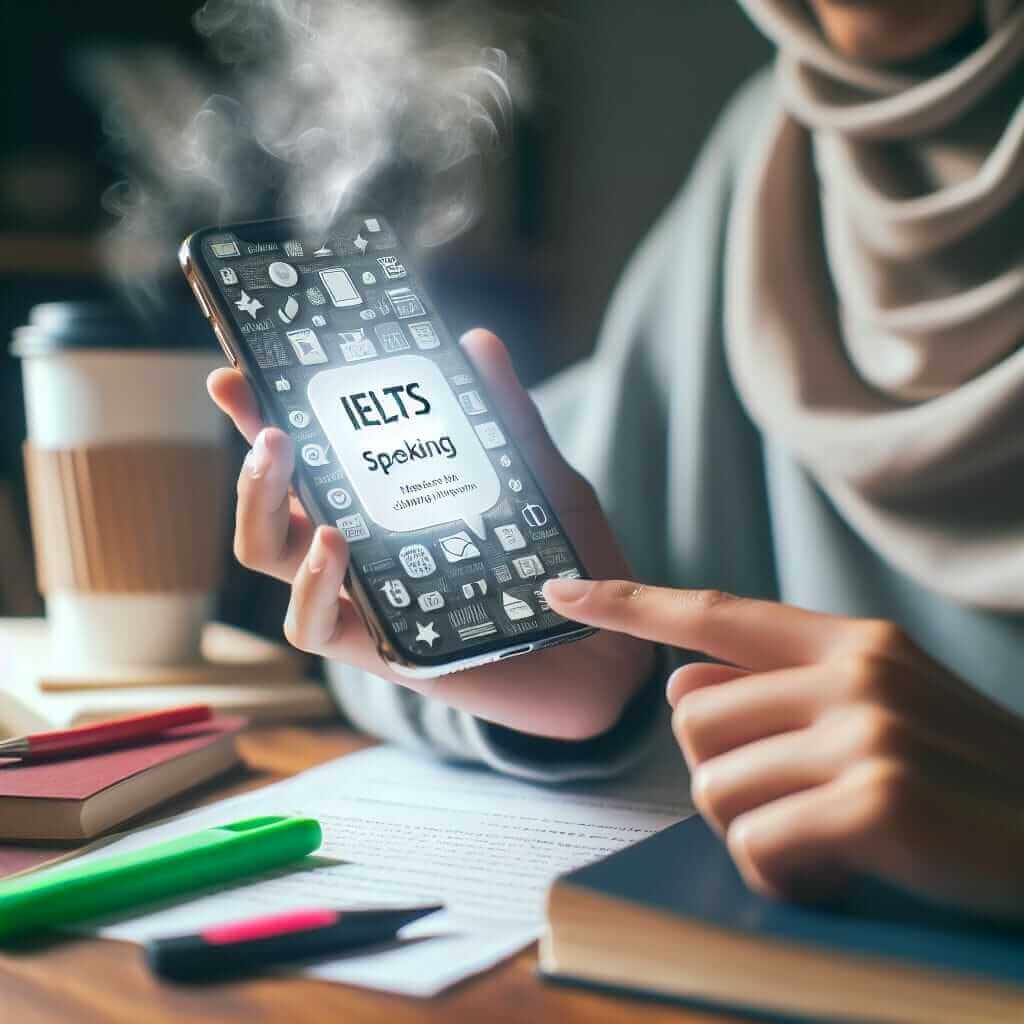As an IELTS instructor with over 20 years of experience, I often get asked by my students about the best apps for IELTS Speaking practice. While traditional methods are essential, leveraging technology can significantly boost your confidence and fluency. Let’s explore some valuable apps and strategies to help you excel in the IELTS Speaking test.
The Importance of Speaking Practice for IELTS
The IELTS Speaking test assesses your ability to communicate effectively in English. It focuses on your fluency, pronunciation, grammar, vocabulary, and coherence. Regular practice is key to achieving your desired band score. Apps can be incredibly beneficial for several reasons:
- Accessibility: Practice anytime, anywhere, without needing a tutor.
- Interactive Exercises: Engage with various question types and scenarios.
- Instant Feedback: Some apps offer feedback on your pronunciation and fluency.
- Variety: Explore different accents and speaking styles.
Effective Apps for IELTS Speaking Preparation
While numerous apps claim to boost your IELTS score, not all are created equal. Here are some highly-regarded options:
1. IELTS Speaking Assistant
This app is a powerhouse for IELTS Speaking preparation. It offers a vast bank of questions categorized by topic and difficulty level.
- Key Feature: The app provides sample answers from different band score ranges. This allows you to analyze and understand the criteria examiners use for scoring.
2. Speaklar
Speaklar focuses on improving your pronunciation and fluency through interactive exercises and AI-powered feedback.
- Key Feature: The app identifies areas where your pronunciation needs improvement and provides targeted exercises to refine your accent.
3. English Conversation Topics
This app focuses on building vocabulary and fluency through conversation starters and discussion prompts.
- Key Feature: The app covers a wide range of topics relevant to the IELTS Speaking test, allowing you to practice expressing your opinions on various subjects.

Tips for Maximizing App-Based Learning
- Consistency is Key: Integrate short, regular practice sessions into your routine rather than cramming.
- Active Engagement: Don’t just passively listen to sample answers. Record yourself speaking and analyze your performance.
- Don’t Rely Solely on Apps: Combine app-based learning with traditional methods like speaking with a tutor or language partner.
Example IELTS Speaking Question
Let’s look at a sample IELTS Speaking Part 1 question:
Examiner: “Tell me about a hobby you enjoy.”
How to Approach This Using Apps:
- Brainstorm Ideas: Use the “English Conversation Topics” app to explore different hobbies and gather relevant vocabulary.
- Practice Your Response: Record yourself answering the question using the “IELTS Speaking Assistant” app. Compare your response to the sample answers and identify areas for improvement.
- Focus on Pronunciation: Use the “Speaklar” app to practice the pronunciation of keywords and phrases related to your hobby.
Conclusion
Incorporating the right apps into your IELTS Speaking preparation can significantly enhance your fluency, pronunciation, and confidence. Remember to select apps that align with your learning style and needs. Combine app-based learning with other methods for a well-rounded approach. Most importantly, practice consistently and speak English as much as possible to see the best results.